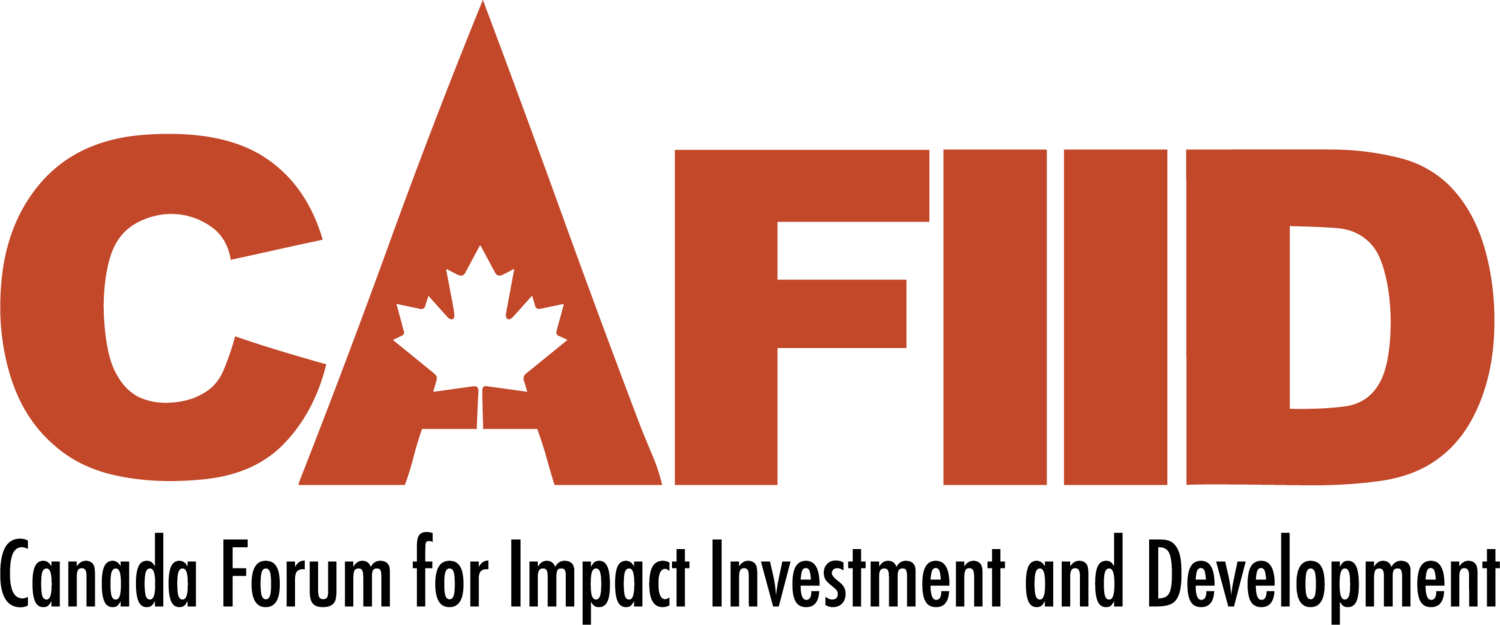MEDA and Trading Up
Small- and Medium-Enterprises (SMEs) play a significant role in advancing trade, boosting economic growth and reducing poverty. Trade finance, also known as working capital or short-term financing, is the foundation and for many SMEs and enables SMEs to:
Buy needed materials to fulfill orders
Finance unpaid accounts receivable that can leave small companies hamstrung
Smooth cash flows and;
Pay employees and suppliers faster
According to research commissioned by Trading Up, global unmet global demand for SME trade finance totals $150 billion in developing markets, with $37 billion in low-income and least developed countries. Trading Up uses Investment, Technical Assistance (TA) and Research to improve household economic well-being for women and men employees and smallholder farmers (SHFs) through by advancing supporting trade and economic growth of SMEs across Africa, Asia, and Latin America.
Summary
Name of Organizations: Mennonite Economic Development Associates (MEDA), Global Affairs Canada (GAC), Sarona Asset Management (Sarona), and The University of Waterloo (U.W.)
Name of Project: Trading Up
Type of Investment and Technical Assistance (T.A.): Investment (Debt and Equity) and T.A.
Region: OECD-DAC ODA eligible countries: least-developed, low income and lower-middle-income countries (e.g. Ghana and Kenya)
Sector/s: Retail and trade; food and beverage; agricultural production and processing; services; and manufacturing.
Key Impact Focus and Primary Metrics: Capital raised; number of SMEs financed; jobs created; jobs supported; number of smallholder farmers’ economic well-being.
The Project is a blended finance partnership initiative implemented by MEDA, with contributions from Global Affairs Canada (GAC), and in partnership with Sarona Asset Management (Sarona) and The University of Waterloo (U.W.). MEDA is responsible for overall project implementation and leading the T.A. to trade finance intermediaries, SMEs and SHFs. GAC is the Project’s international donor partner and seed investor of Trading Up. Sarona is responsible for the investment component and managing the Sarona Trade Finance Fund (STFF), which invests in 10 trade finance intermediaries (TFIs) that on-lend to 5,000 SMEs worldwide. The University of Waterloo’s role is to perform critical research which that identifies those components of investment and T.A. which have with the highest impact on local economic development and low-income households. Those components can be shared with the industry at large.
In the Project’s T.A. component, MEDA and U.W. are building the capacity of TFIs on Gender Equality (G.E.)/Environment, Social, and Governance (ESG)/Impact Measurement & Management (IMM) considerations to maximize development impacts. Since Project inception, four (4) TFIs and one (1) SME have received capacity-building support, — including robust needs assessments, coaching, and an action plan development, — demonstrating enhancements in the adoption of GE/ESG/IMM. Enhancements include becoming 2X Challenge eligible, adopting Women Economic Empowerment as part of their impact themes, building in-house capacity by hiring impact-dedicated staff, and completing MEDA’s Gender Equality Mainstreaming (GEM) assessment.


